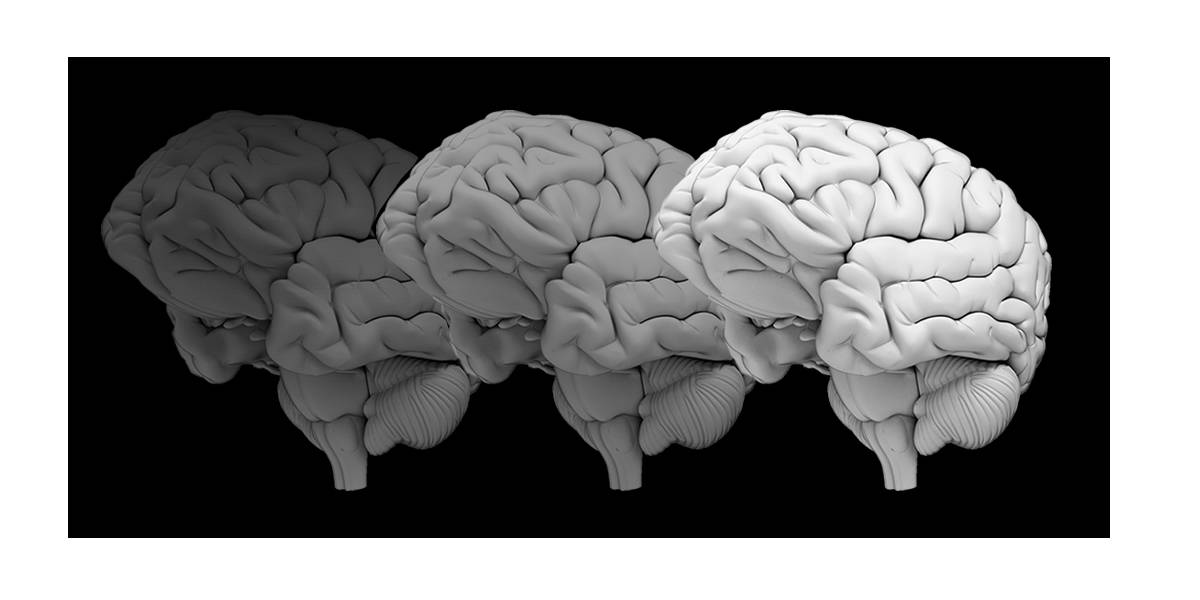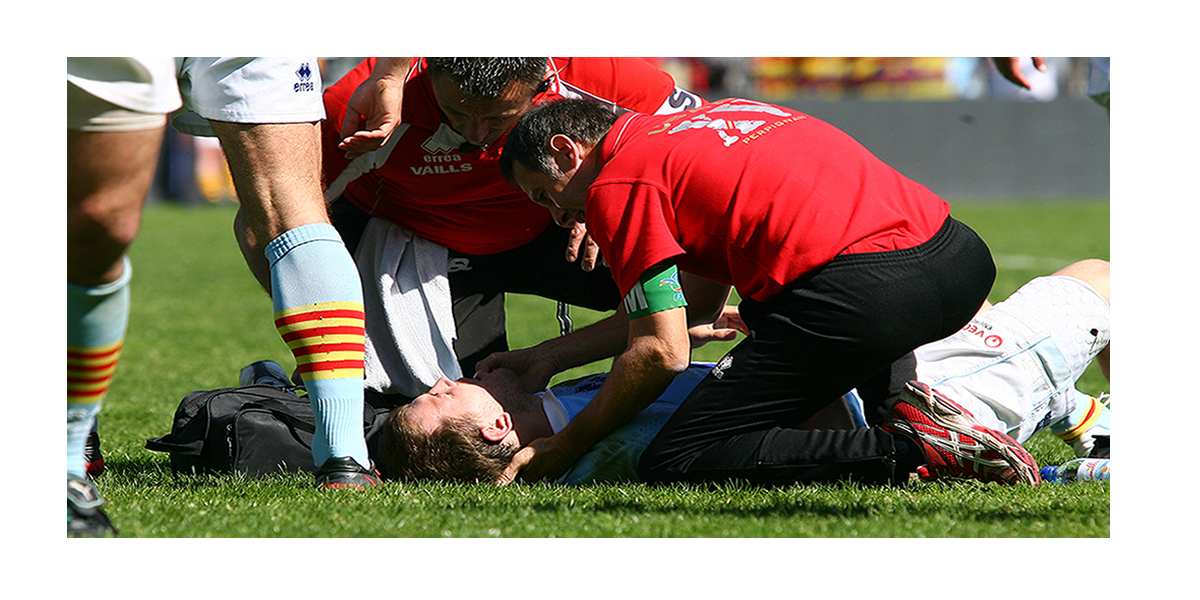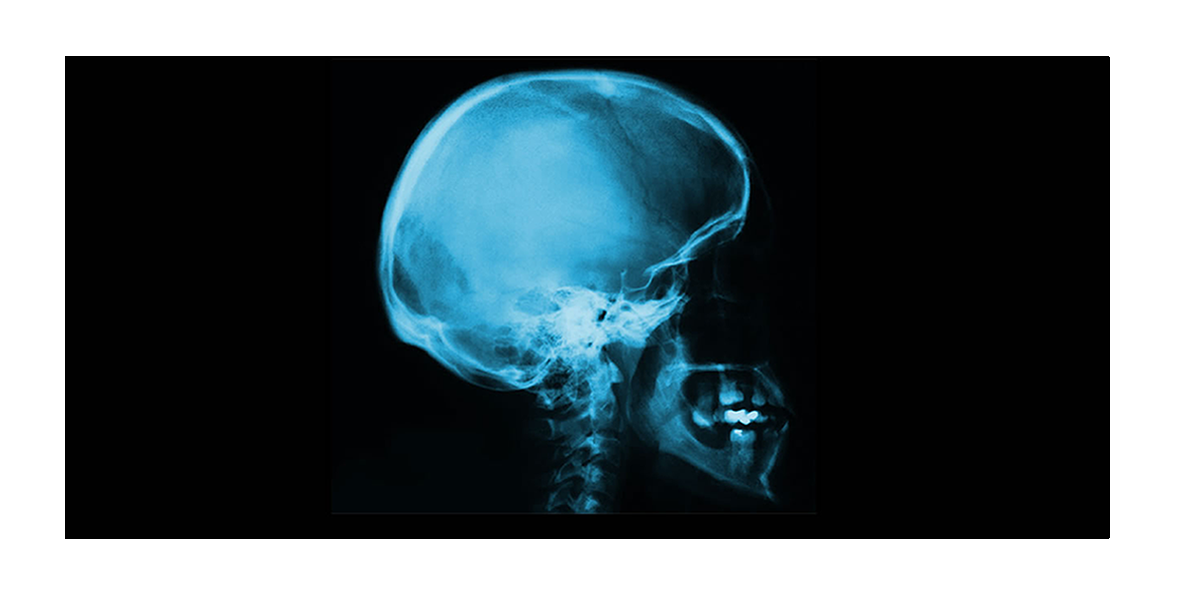|
High Court action over brain injury settled
|
|
| The Irish Times By Rachael Bletchley May 13, 2011 |
|
|
AN ACTION in which it was claimed a woman suffered brain damage allegedly as a result of a hospital procedure performed shortly after she returned from honeymoon has been settled at the High Court.
Avril Doyle (46), Wyattville Park, Loughlinstown, Dublin, was a “bubbly and vivacious” receptionist before her injury but now requires almost 24-hour care, the court heard. Suing through her husband Dick Doyle, chief executive of Phonographic Performance Ireland and director general of the Irish Music Rights Organisation, Ms Doyle brought proceedings alleging negligence and breach of duty against the HSE and consultant surgeon Joseph Duignan, who practises at St Michael’s Hospital, Dún Laoghaire, where she was treated. Liability was not admitted except in relation to the failure to provide a nutritionist at the hospital, Mr Justice Iarfhlaith O’Neill was told when the case opened last Friday. As the case was about to resume yesterday, the judge was told it had been settled. No details of the settlement were revealed. The court previously heard Ms Doyle became ill while on honeymoon in the Dominican Republic in June 2005. On her return she was referred on July 18th to St Michael’s, where she underwent a laparotomy to treat multiple abdominal adhesions. She was discharged after 10 days but readmitted on August 2nd after her condition deteriorated. She underwent further surgery including having another laparotomy, in which part of her small bowel had to be removed. She required emergency intravenous feeding, called total parenteral nutrition (TPN). It was alleged, as a result of the alleged failure to administer the vitamin thiamine as part of the intravenous feeding, she was left brain damaged with a condition known as Wenicke Korsakoff psychosis. The defendants, it was alleged, failed in their duty to monitor, test and review her nutritional requirements as part of TPN management. Her counsel, Richard T Keane, said that as a result of her injuries she became confused, increasingly disoriented and developed memory problems. She suffered impairment of her executive function and cognitive linguistic function, as well as overall loss of IQ. Ms Doyle continues to have problems with unsteadiness and dizziness and suffers from ongoing debilitating fatigues, fits and depression, counsel also said. In November 2005, she was transferred to the National Rehabilitation Hospital, where a doctor noted she still suffered from short-term memory loss, counsel said. In April 2006 she returned home under the care of her husband and later of a care assistant, who was able to motivate her, counsel said. Without motivation, she would stay in bed for most of the day and watch TV, he added. |









